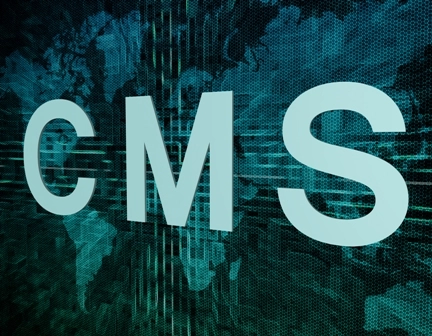Part B Insider (Multispecialty) Coding Alert
Perfecting Your Technical Composition

How to utilize dictation software to revolutionize your practice
If your E/M codes are lacking, your documentation may be to blame, Bee says. Rushed scribbling rarely translates well to coders and insurers while poorly written notes can come back to haunt you if there’s an audit. Some practitioners are adept at typing quickly on their laptops and tablets during an examination, but the majority miss things because they are concentrating on their notes instead of focusing on their patients.
This is where a speech recognition program like Nuance’s Dragon Medical--Small Practice Edition comes in handy, replacing medical misinformation with enhanced care and increased revenue. In addition to its easy integration with most major EHRs, Dragon software is easy to use, so you can dictate as you administer care.
Audit defense: Bee explains, “I actually dictate in front of the patient. By the time the visit is done, the notes are done...I had an insurance company call me and say ‘well you saw this patient for an hour and a half—how do you remember all that at the end of the visit when you dictate?’ and I said, ‘I don’t—I dictate in front of them.’”
Bee maintains that this type of innovative record keeping is extremely helpful for smaller practices and independent practitioners. Not only is it portable, mobile- and cloud-friendly, HIPAA-secure, and clinically-imbibed, the software is affordable, adding income to your bottom line.
In addition, dictation backs up E/M codes based on time. If you are recording your visit and it’s an hour long, don’t you want to be paid for that hour? Your detailed notes are a fail-safe way to get you the money you deserve for your services.
Being able to provide your coders with readable notes saves your practice money, but also gives you peace-of-mind if insurers come to audit.
Related Articles
Part B Insider (Multispecialty) Coding Alert
- Breaking News:
Say Hello to 1,900 New ICD-10-CM Codes Effective Oct. 1
CDC ends diagnosis deep freeze with scores of new codes debuting. Coders patting themselves on [...] - Part B Revenue Booster:
This Solo Practitioner Brings in Millions a Year With a Few Simple Strategies
Hint: When you code based on time, everyone wins. The old saying goes “haste makes [...] - Perfecting Your Technical Composition
How to utilize dictation software to revolutionize your practice If your E/M codes are lacking, [...] - The Merge of Money and Modifiers
Integration leads to quicker billing. If your office technology is integrated throughout from front office [...] - CCI Edits:
Some Medicaid Payers Aren't Properly Implementing CCI Edits, OIG Says
Look out: CMS to start ensuring that states adhere to CCI bundles more carefully. When [...] - Part B Coding Coach:
For Multiple Fracture Repairs,Take Into Account E/M and Modifier 51
Don’t miss this 2016 Medicare guidance for global fracture treatments. Miscoding when your surgeon in [...] - Physician Note:
Rampant E/M Overbilling Prompts Violations and Millions in Fines
Plus: 99211 is not your friend for infusions. The Justice Department continues to crack down [...]




